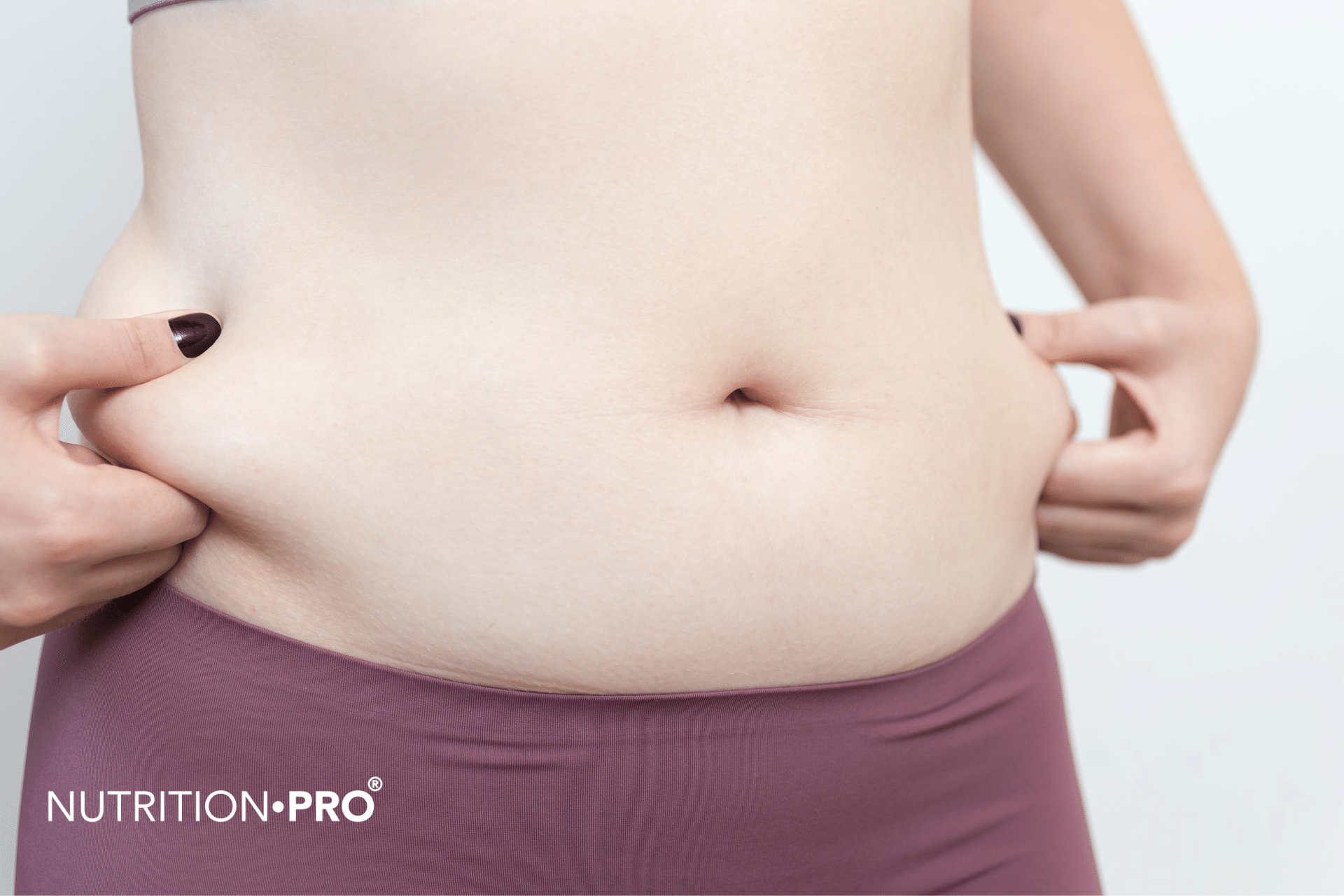High -protein, low-carb diets have become increasingly popular as a way to encourage weight loss while maintaining or increasing muscle mass .
They may also have other benefits.
Yet, there are many varieties of this eating pattern, and many people wonder if it suits their lifestyle.
This comprehensive guide to the high-protein, low-carb diet describes how it works and details its health benefits, as well as potential downsides.
Discover our diet rich in proteins and carbohydrates by clicking here
What is the high protein, low carb diet?
The high-protein, low-carb diet replaces much of your daily carbohydrate intake with protein.
Although there is no set macronutrient ratio, this eating pattern is largely based on the attributions of the two diets that inspired it.
For instance, low-carb diets generally limit carbohydrate intake to less than 26% of total daily calories, or less than 130 grams of carbohydrate for someone on a 2000-calorie diet - while very low-carb diets reduce this number to less than 10% .
On the other hand, high-protein diets contain often much more than the recommended daily allowance (RDA) of protein, providing at least 1.3 grams per kg of body weight .
Some boast over 3 grams per kg of body weight – the equivalent of 204 grams of protein per day for a 68 kg person .
High -protein, low-carb diets may be higher in fat to compensate for the carbohydrate deficit.
For example, a 2000 calorie version might be 26% carbs, 40% fat, and 34% protein - which equates to a daily protein intake of 170 grams for a 68 kg.
However, while some people, like bodybuilders and athletes, pay close attention to macronutrient ranges when following this diet, many people simply cut out carbs and replace them with protein-rich foods.
Additionally, some people follow less strict versions with 30-35% carbs – although these are technically considered moderate carbs.
Types of high-protein, low-carb diets
Some of the most popular commercial diets generally considered high protein and low carb don't really fit into either category.
In particular, many people consider the Zone diet and the diet Sugar Busters as high in protein and low in carbs. However, these diets are moderate in carbs , as they typically provide about 40% of calories from carbs.
Additionally, many popular low-carb diets, such as the Atkins and ketogenic diets, are not considered high-protein and low-carb.
Instead, they are high fat, low carb, or high fat, very low carb, and they contain only moderate amounts of protein.
If you're interested in a strict high-protein, low-carb diet, you may need to count calories, protein, carbs, and fat to stay within your macronutrient ranges.
Discover our diet rich in proteins and carbohydrates by clicking here
Health Benefits of High-Protein, Low-Carb Diets
Although people who lead a sedentary lifestyle require less protein, physically active people, athletes and pregnant women need much more than the current RDA of 0.36 grams per 0.8 grams per kg of body weight. bodily .
As such, high-protein diets can provide many benefits, as can low-carb eating habits, which are often associated with weight loss.
Thus, the combination of the two diets can provide many benefits.
Weightloss
Protein is the most satiating macronutrient and helps reduce hunger and food intake, two effects that promote weight loss .
In particular, high-protein foods increase levels of satiety hormones while lowering levels of hunger hormones like ghrelin .
Research has shown that meals with 25–81% of calories from protein increase feelings of fullness, which means even moderate protein diets can reduce hunger .
High -protein diets also help improve the thermic effect of food or the calories burned during digestion. This may be due to the greater oxygen demand needed to break down protein-rich foods .
Additionally, high-protein, very-low-carb eating habits have been shown to improve the secretion of glucagon, a hormone produced by the pancreas known to improve satiety .
These diets also lead to higher production of ketone bodies, especially beta-hydroxybutyrate (BHB).
Your liver produces ketone bodies when the availability of glucose is reduced. Studies show that increasing BHB levels helps suppress appetite .
Interestingly, a small 4-week study in men with obesity demonstrated that a low- calorie , high-protein, very-low-carb diet providing 30% protein and 4% carbohydrates resulted in greater weight loss. important than a high protein, moderate carbohydrate diet providing 30% protein. and 35% carbohydrates.
On average, men in the group that ate high-protein, low-carb meals lost 6.75 kg, while those in the moderate-carb group lost 4.32 kg .
Many other studies show that high-protein, low-carb diets are more effective for weight loss than high-carb, high-protein diets .
However, total calorie intake and calorie burn are the most important factors in weight loss .
Maintains muscle mass
When you lose weight, it is normal to see a significant decrease in muscle mass.
However, this loss can gradually lower your metabolism, because more muscle mass increases the number of calories you burn at rest .
High -protein diets can help preserve muscle mass during weight loss and may even increase it .
Increasing protein intake while cutting 500–750 calories per day has been shown to maintain muscle mass while promoting fat loss . However, this effect is lost during more severe calorie restriction, such as during poorly planned very low-calorie diets .
Additionally, studies show that the combination of a high-protein diet and exercise can stimulate fat loss while building lean body mass .
They also demonstrate that high-protein diets promote increased or stable muscle mass during weight loss in both men and women, compared to low-protein diets .
Additionally, following a low-calorie, high-protein diet has been shown to help athletes gain muscle mass during training.
A study in 48 athletes found that those who ate at least 3 grams per kg of body weight combined with heavy resistance training gained significantly more muscle mass and less body fat than those who followed their normal diet .
These results came despite the high-protein group consuming 490 more calories per day than the control group.
Low-carb diets have also been shown to help reduce fat mass while maintaining muscle mass .
Other Potential Health Benefits
- Blood sugar regulation. High-protein, low-carb dietary habits have been shown to improve both short-term and long-term markers of control of blood sugar .
- Risk of heart disease. This diet may reduce heart disease risk factors such as high triglycerides and high blood pressure, although some research links high-protein diets to an increased risk of heart disease .
- Bone health. Research indicates that high-protein diets can help prevent bone loss and to reduce the risk of fracture in the elderly .
Discover our diet rich in proteins and carbohydrates by clicking here
The essential
The high-protein, low-carb diet doesn't have a single definition, but may be best for people like athletes who want to promote weight loss while maintaining or increasing muscle mass .
If you're looking to optimize your overall health, focus on eating nutrient-dense whole foods, limiting your intake of added sugar and processed foods, getting plenty of exercise, and lowering your stress level .















